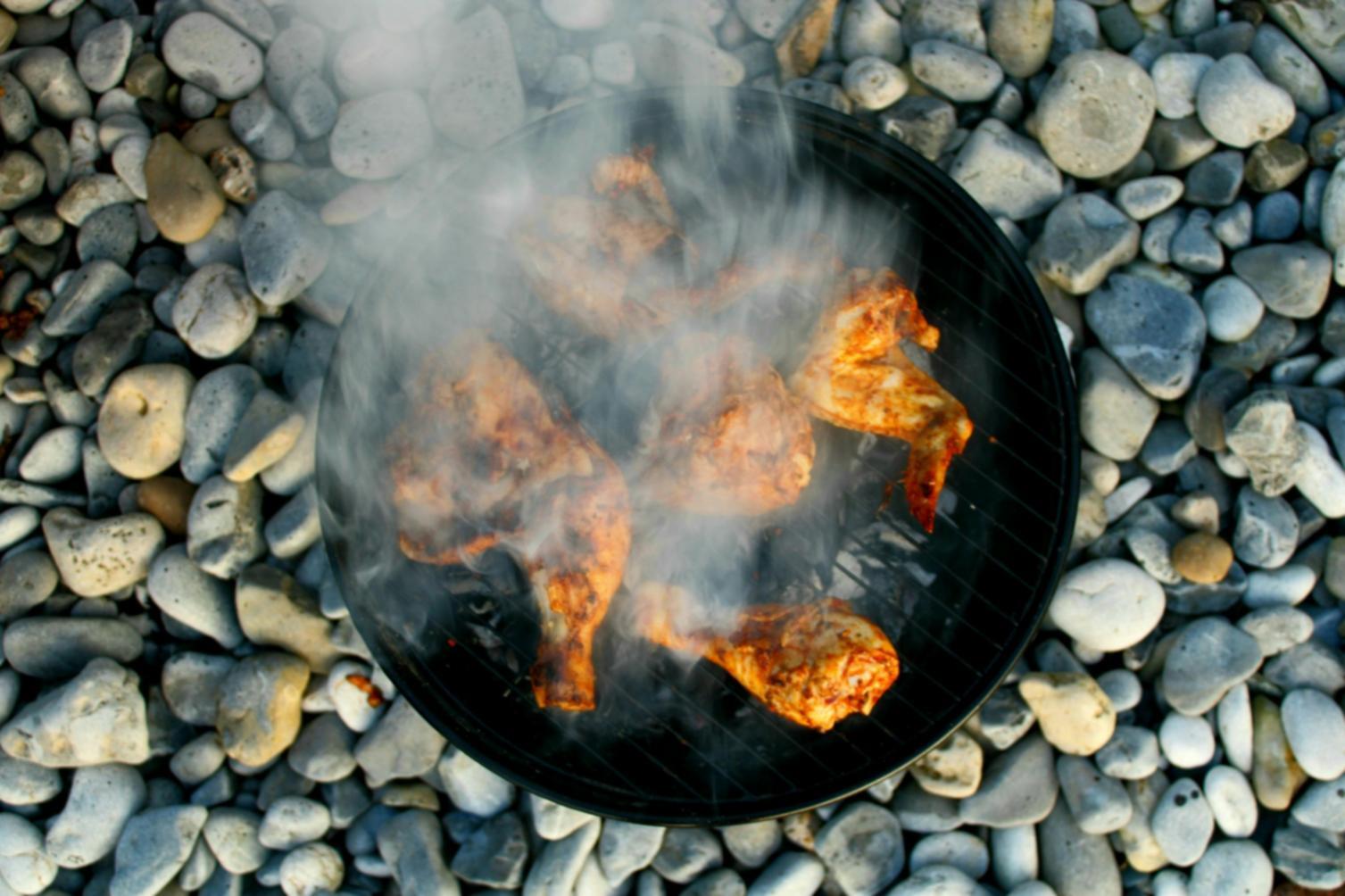Linnea Bergström
Pizza Craft Educator
Linnea came to pizza through an unusual route—she started in pastry before realizing that dough work fascinated her more than desserts. After training in Naples and working in several Canadian pizzerias, she noticed a gap between traditional methods and what actually worked in our kitchens here.
She joined us in 2023 and has since developed our core curriculum. What students appreciate most is her practical approach—she's honest about what works, what doesn't, and why certain "rules" can be bent when you understand the science behind them.
- Certified by Associazione Verace Pizza Napoletana (2022)
- Eight years commercial kitchen experience across three provinces
- Specializes in sourdough fermentation and regional flour adaptation


